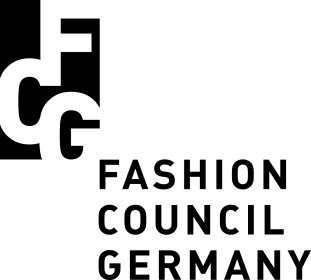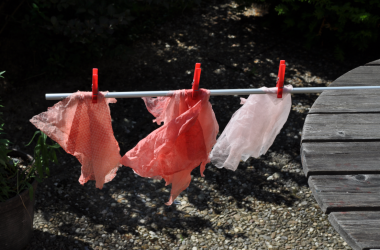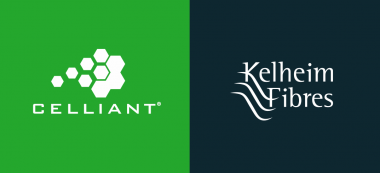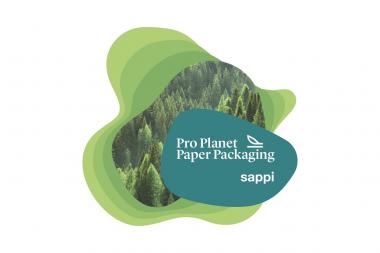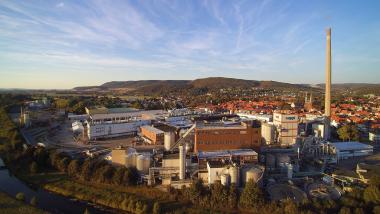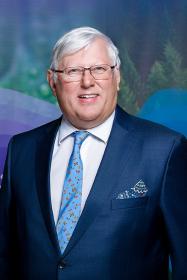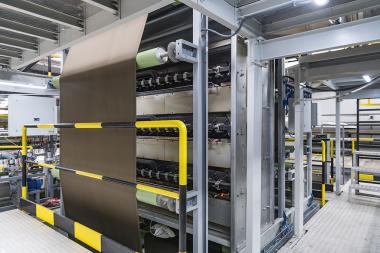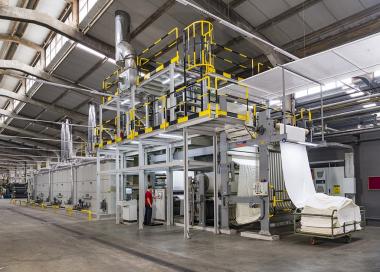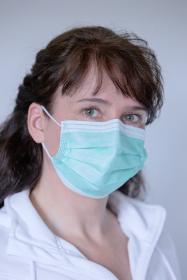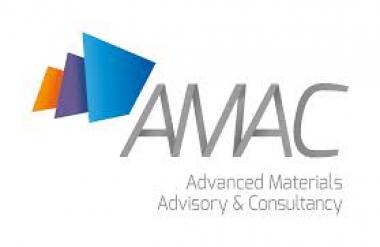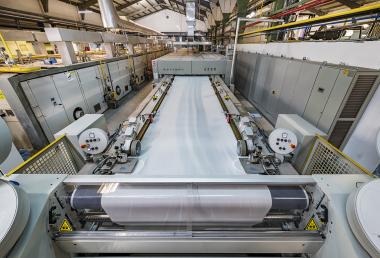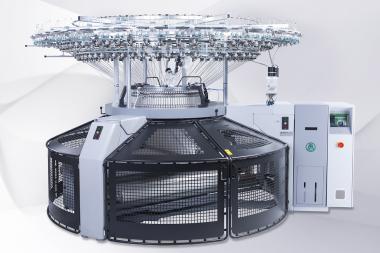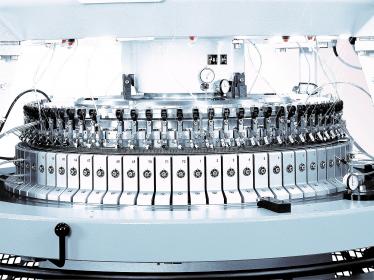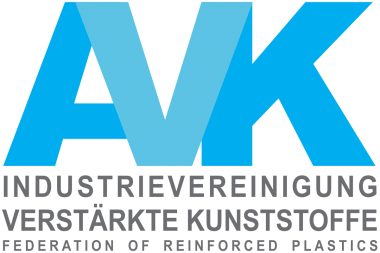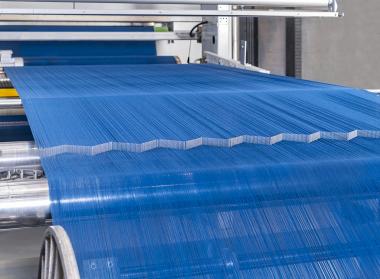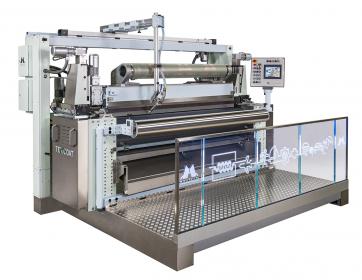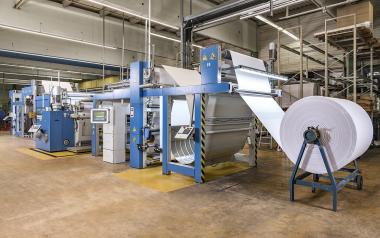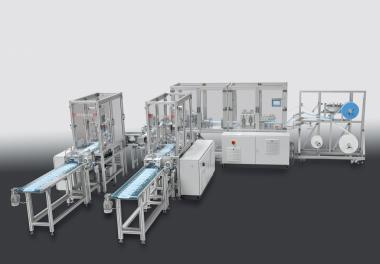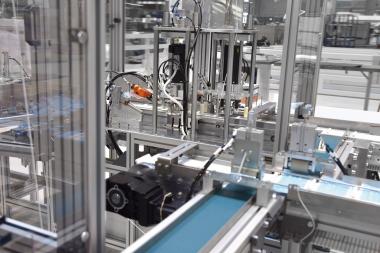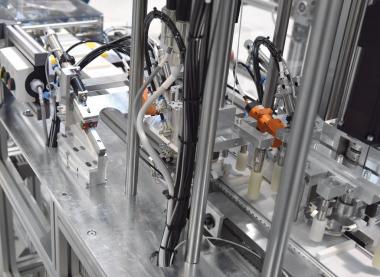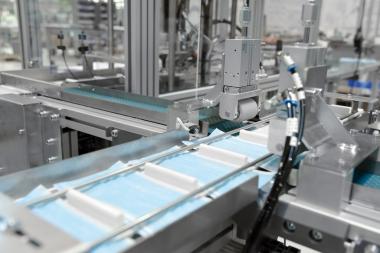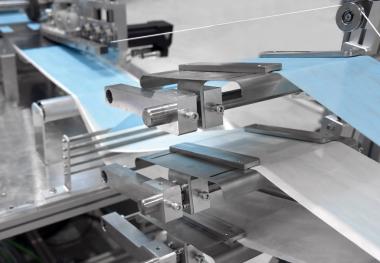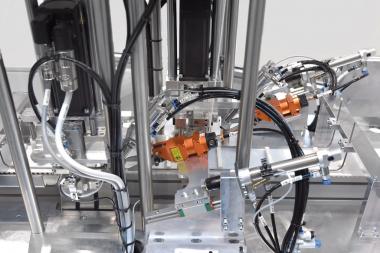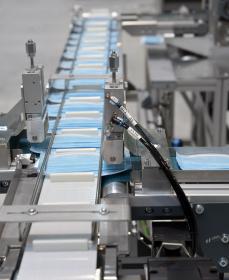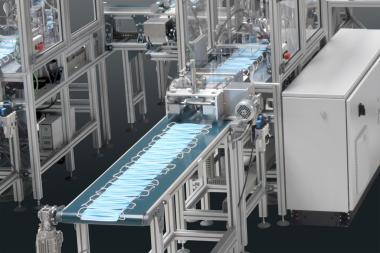STOLL Webinar for Fashion Council Germany
- On 22.03 STOLL will offer a webinar through the online platform of Fashion Council Germany on the topic of digitalisation and sustainability in STOLL flat knitting.
Webinar Description
Digitalisation and sustainability are becoming increasingly essential for the success and existence of fashion companies. The flat knitting industry with its immense flexibility and diversity offers many opportunities for digital solutions and sustainable practices. In this webinar, Karl Mayer Stoll will share how digital design tools enable more sustainable knitwear development.
Fashion Council Germany
The FCG is the patron to strengthen the German fashion and design landscape for a visionary, technological & sustainable future in a global market.
The Fashion Council Germany represents the interests of fashion "designed in Germany". Founded in January 2015 in Berlin. On the initiative of national industry experts, the Fashion Council Germany promotes German fashion design as a cultural and economic asset and supports young designers from Germany. In addition to the promotion of young designers, special attention is paid to education, sustainability and fashion technology as well as to the promotion of cross-disciplinary dialogue and networking. Against this background, the Council carries out essential lobbying work in politics, business and culture, strives for visibility and emphasises the global relevance of fashion design and Germany as a fashion location at home and abroad.
Since the beginning of last year, the FCG offers workshops on various business topics in the fashion industry. Until further notice, all FCG seminars will take place online due to the Corona crisis.
KARL MAYER STOLL Textilmaschinenfabrik GmbH


